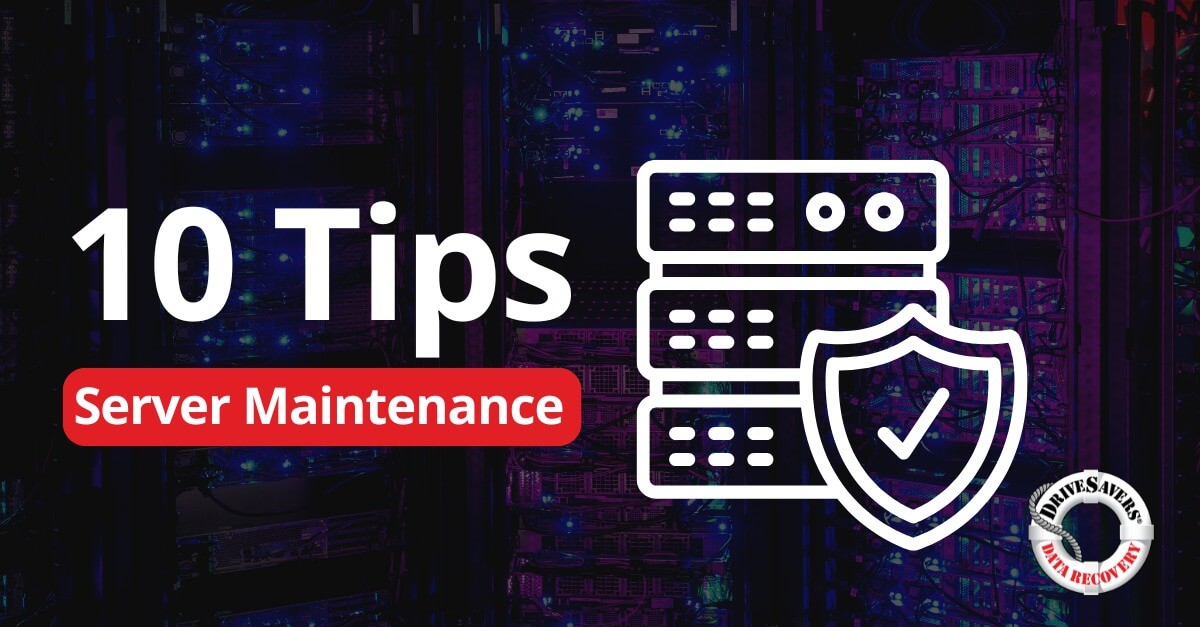At DriveSavers, we often receive requests for data recovery from grieving family members who don’t know the passcode to their loved one’s device.
Helium Hard Drive 101

Helium hard drives are an excellent option for individuals and companies that need high-density storage and want to reduce their carbon footprint. For example, helium hard drives can hold more data than conventional drives. They’re also much more efficient at heating up and cooling down when working with older data.
WHAT IS A HELIUM HARD DRIVE?
A helium hard drive is a type of hard disk drive (HDD) filled with helium gas instead of air which reduces drag on its spinning platters. This also reduces power consumption, improves airflow, and allows the platters to spin faster. It is hermetically sealed to prevent the helium from escaping.
Learn about each part of a hard disk drive using the DriveSaver® HDD Similator App.
Helium-filled hard drives are a relatively new family of hard disk drives, first launched by Hitachi Global Storage Technologies in 2013 (formerly Hitachi Global Storage Technologies and now a Western Digital company).
“Our new breakthrough platform delivers unprecedented innovation with new features optimized to meet the performance, scalability, efficiency, and TCO demands of both corporate and cloud data centers, which could not be achieved using conventional techniques,” said Mike Cordano, president of HGST at the time. “With these improvements, customer interest has been positive and we look forward to qualifying our new drives in 2013.”
The numerous benefits of using a helium-filled hard drive include higher storage capacity, lower power consumption, and increased reliability.
What Kind Of Storage Capacities Do They Hold
Helium hard drives are the middle ground in cost per storage unit, be it GB or TB. They’re less expensive than SSDs but more expensive than traditional hard drives (roughly double).
Helium drives offer such a dramatic improvement in storage over traditional HDDs that it’s worth the price. Today, you can find helium drives with capacities of up to 22 TB that take up the same footprint as a 4 TB traditional HDD.
Are There Environmental Benefits To Using Helium Drives Instead Of Conventional Drives?
Helium drives are the way to go if you’re looking for an environmentally friendly hard drive. They use up to 22% less power and generate less heat than other types of data storage. This can add up quickly for a data center trying to reduce its carbon footprint.
Theoretically, they may also be more reliable and last longer than conventional drives. All drives will eventually fail, and helium drives haven’t been around long enough to get an accurate sense of the failure rate. However, it stands to reason that because there is less friction in a helium drive than in a traditional hard drive, there is less chance of damage. Of course, this is only provided that the device is properly treated and cared for.
As climate change becomes a growing concern worldwide, many businesses are now required by their customers and, in some countries, governmental organizations to attain sustainability certifications and show improved carbon footprints over time. Helium drives use less energy and may need to be replaced less frequently, so using them is an excellent strategy for lowering a business’s carbon footprint—particularly companies that utilize large servers or data centers.
How Can I Maintain These Drives For Optimal Performance and Lifetime Usage?
To maintain your helium hard drive for optimal performance and lifetime usage, follow the same guidelines as for HDD:
- Avoid extreme temperatures. Always store your hard drive at room temperature, and make sure you don’t leave it in direct sunlight, where it could overheat. Also, avoid exposing it to environmental conditions that are too cold or hot.
- Avoid static buildup. Never use a vacuum cleaner on any part of an electronic device, as this can cause static electricity, which may damage components inside.
- Be gentle. Don’t forget; there are moving mechanical parts inside your drive—dropping or moving it too quickly can cause parts to come loose or hit the platters where your data is stored. The best thing to do is to leave the device with the helium drive in one place and don’t move it.
Helium Hard Drive Data Recovery
Recovering data from a helium drive is not much more complex than from an HDD. The one difference is that data recovery engineers must safely remove the hermetically sealed housing to get to the drive.
To minimize contamination and maximize recovery results, DriveSavers performs all hard drive recoveries in our Certified Class 5 Cleanroom—the industry’s most technologically advanced data recovery cleanroom environment.
Learn more about Helium Hard Drive Data Recovery.
Conclusion
Many businesses with large data centers have switched to helium drives, including the streaming service Netflix. Helium hard drives are an excellent resource for companies that need high-density storage, but the cost may be prohibitive.
Advantages:
- High Capacity: Up to 40% more data storage capacity within the same footprint as a traditional hard drive.
- Environmental: Up to 22% less energy is required–this can add up quickly for a data center that is conscious of its carbon footprint.
- Longer Life: With proper care, helium drives may last longer than traditional hard drives.
Disadvantages:
- Cost: The price is higher because of the advantages of helium drives over other HDDs.
Overall:
Because helium drives hold more data, may have a longer life expectancy and use less energy, the cost is often worth it for businesses looking to boost their computer systems or data centers.




